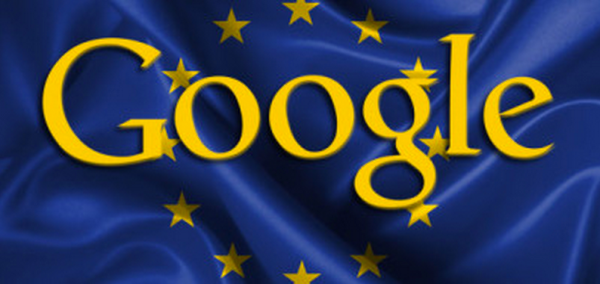How The EU Censors Google & Search Engines Just Like China
- Fahad H

- Jul 10, 2014
- 2 min read

When it comes to censorship, the European Union generally isn’t one of the political entities that immediately comes to mind. But it should, especially since its new Right To Be Forgotten mandate has the political union acting in the same manner as that poster child of censorship, China.
Sound crazy, that the EU could possibly be imposing censorship on search engines in the same way that China is notorious for? It’s not crazy. It’s real.
In May, the European Court of Justice felt that anyone in the EU should have the right to ask for material to be removed from search engines like Google, if those people consider that material to be “inaccurate, inadequate, irrelevant or excessive,” to quote the EU’s fact sheet (PDF) about the ruling.
How do search engines like Google make these decisions? What guidance are they given, especially when they’re also supposed to balance this censorship against another fundamental EU right, the public’s right for access to information?
The court provided none of this. It simply said that search engines should accept these requests and magically make their own decisions.
Like China, The EU Now Practices Self-Censorship
That’s exactly how China handles its own censorship requirements. Like the EU, China doesn’t impose censorship by issuing clear guidelines about what is and isn’t acceptable. Instead, it just expects companies to somehow know what to censor.
Consider the situation Google was in, when it undertook censorship of its search engine in China. It wasn’t given a list of material to block. It was just supposed to figure out what was and wasn’t acceptable. As Steven Levy describes in his excellent book, In The Plex:
Though the government demanded censorship, it didn’t hand out a complete list of what wasn’t allowed. Following the law required self-censorship, with the implicit risk that if a company failed to block information that the Chinese government didn’t want its citizens to see, it could lose its license. That was actually an interesting problem, and if nothing else, Googlers loved to solve such brain-twisters. In this case, they came up with an elegant solution. Google would exhaustively examine and probe the sites of competitors, such as China’s top search engine, Baidu, testing them with risky keywords, and see what they blocked.
Exactly as with China, the EU expects Google and other search engines to make difficult judgment calls on a case-by-case basis. It’s demanding that the search engines make decisions that before the ruling might have involved judges or government bodies specifically charged with this type of work. And when Google gets it wrong, there’s an EU official ready to criticize.
I think many even outside the EU would agree with the concept of a Right To Be Forgotten, that someone who made a one-time minor mistake or a long-ago embarrassing action should be able to remove it from the top search results for their name.
But as Europe is now discovering, having a court grant this new right without some better guidelines on exactly how it should be used, or not used, is fraught with issues — among them, enabling the effective censorship of the press. That’s because even if the law removes content only from a search engine like Google, but not from a media outlet itself, the inability for people to easily find the content is de facto censorship.




Comments